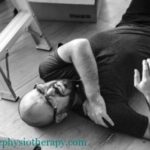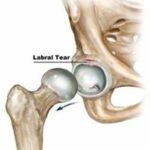 Elbow Pain and Related Conditions
Elbow Pain and Related Conditions
Elbow joint same as the knee joint is the most commonly injured joint in any traumatic condition because of its anatomical position. Elbow because of its extensive use in sporting activity is again quite vulnerable to overuse injuries like tennis elbow, golfers elbow, etc.
Like any other joint, the commonly involved structures are-
- Muscles above and below the joint;
- The supporting elbow ligaments;
- Muscle tendons that cross the joint;
- Fractures/ dislocation/ degenerative (arthritic) change of the bones forming the joint;
- Olecranon bursae, fat pad cushion present at the back of the joint.
Pathological conditions of the elbow will be dealt with in detail under specific headings mentioned at the end of this article.
Diagnosis of elbow conditions:
Though most of the conditions can be easily diagnosed by physical examination and medical history, at times higher investigation tools like x-ray, MRI, CT scan, etc may be needed to clinically correlate the physical findings.
Treatment of elbow disorders:
Treatment varies according to the underlying pathology. Most of the conditions involving soft tissues can be conservatively managed.
Most common treatment options include:
- Ice/ hot fermentation
- rest
- non-steroidal anti-inflammatory drugs (NSAIDs)
- physiotherapy
- braces or immobilization
- steroid injections
How can you prevent elbow disorders?
Most elbow disorders are a result of overuse injuries, which can be prevented by-
- implementing correct sports techniques;
- using proper-size/ weight sports equipment;
- proper warm-up stretches and cooling down;
- avoid sudden increase in training;
- proper strength, endurance training;
- frequent breaks from repetitive, sustained activity.
Common Sources of Elbow Pain
Overuse Injuries
Muscle Strain
Cramps
DOMS – Delayed Onset Muscle Soreness
RSI – Repetitive Strain Injury
Stress Fracture






 Elbow Pain and Related Conditions
Elbow Pain and Related Conditions